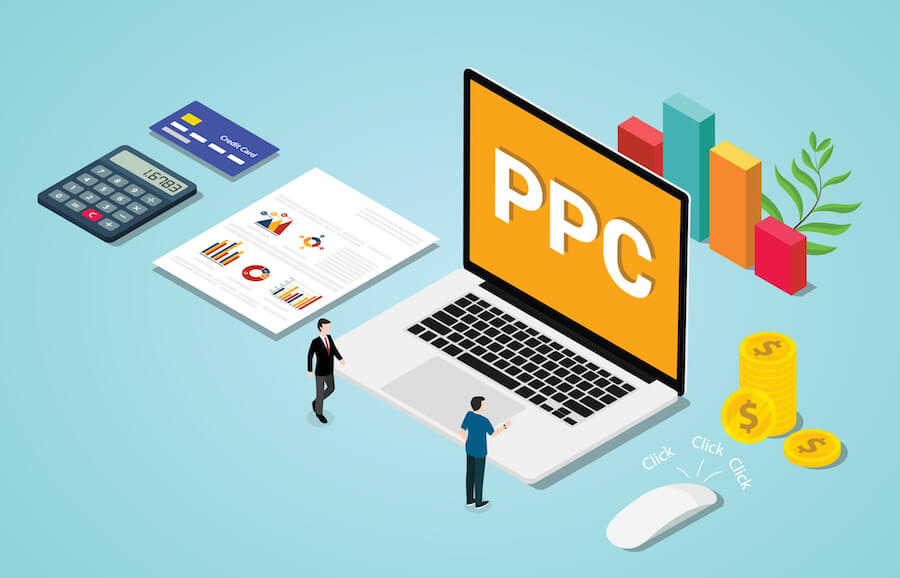Ever wondered what makes a PPC campaign truly effective? Well, wonder no more! Here are some key elements that can help make your Google PPC campaign a hit:
- Clear Objective Setting: Begin by defining clear and measurable goals. Are you aiming for website visits, product purchases, or lead generation? Having a well-defined objective is the cornerstone of a successful PPC campaign.
- Thorough Keyword Research: Understand the language your audience uses when searching for your products or services. Utilize keyword research tools to identify high-performing keywords and long-tail variations to target.
- Compelling Ad Copy: Craft ad copy that’s not only relevant to the keywords but also engaging to the audience. Highlight unique selling points and provide a clear call-to-action to entice clicks.
- Landing Page Optimization: Ensure that the landing page aligns seamlessly with the ad’s message. It should load quickly, provide relevant information, and have a clear conversion path.
- Budget Management: Set a realistic budget based on your business goals and industry benchmarks. Regularly monitor and adjust budgets to allocate resources effectively.
- Ad Extensions: Maximize ad visibility and provide additional information to users with ad extensions. Site links, callouts, and location extensions can enhance the ad’s appeal.
- Geo-Targeting and Ad Scheduling: Narrow down your target audience by location and schedule ads to run during peak times when your audience is most active.
- A/B Testing: Continuously test different ad variations, including headlines, descriptions, and calls-to-action. This helps in identifying what resonates best with your audience.
- Quality Score Optimization: A high-quality score leads to better ad placement and lower costs. Focus on improving click-through rates, ad relevance, and landing page experience.
- Regular Monitoring and Analysis: Keep a close eye on campaign performance metrics like click-through rate (CTR), conversion rate, and return on ad spend (ROAS). Use this data to make informed adjustments and optimizations.
- Adaptability and Flexibility: The digital landscape is constantly evolving. Be ready to adapt your strategies based on changing trends, user behavior, and competitor activities.
- Conversion Tracking: Implement conversion tracking to measure the effectiveness of your campaigns. This allows you to attribute specific actions (like form submissions or purchases) to your ads.
By incorporating these essential elements into your Google PPC campaign, you’re setting the stage for success. Remember, it’s not just about driving traffic, but about driving the right kind of traffic that converts into valuable actions for your business. Keep refining and optimizing, and watch your PPC efforts soar.
